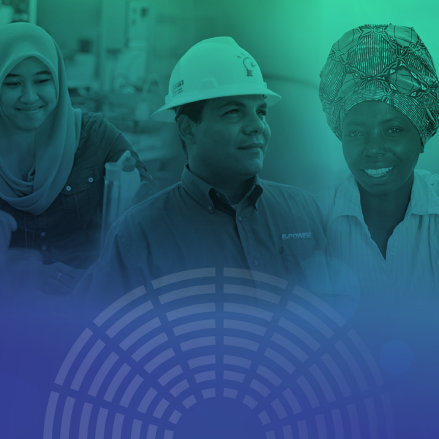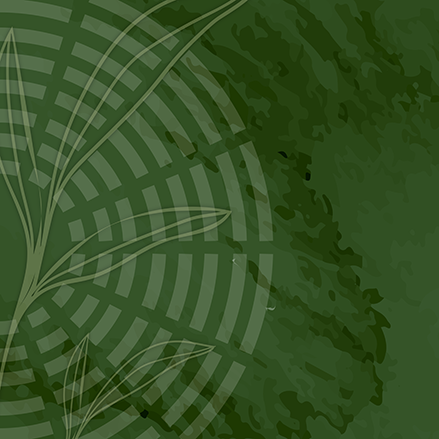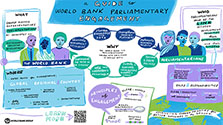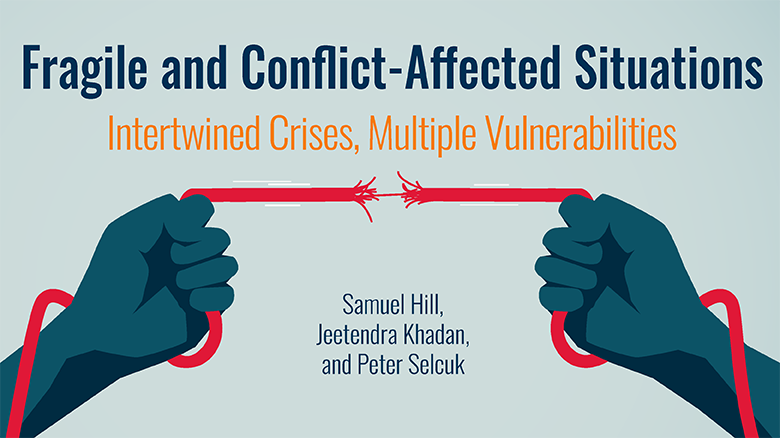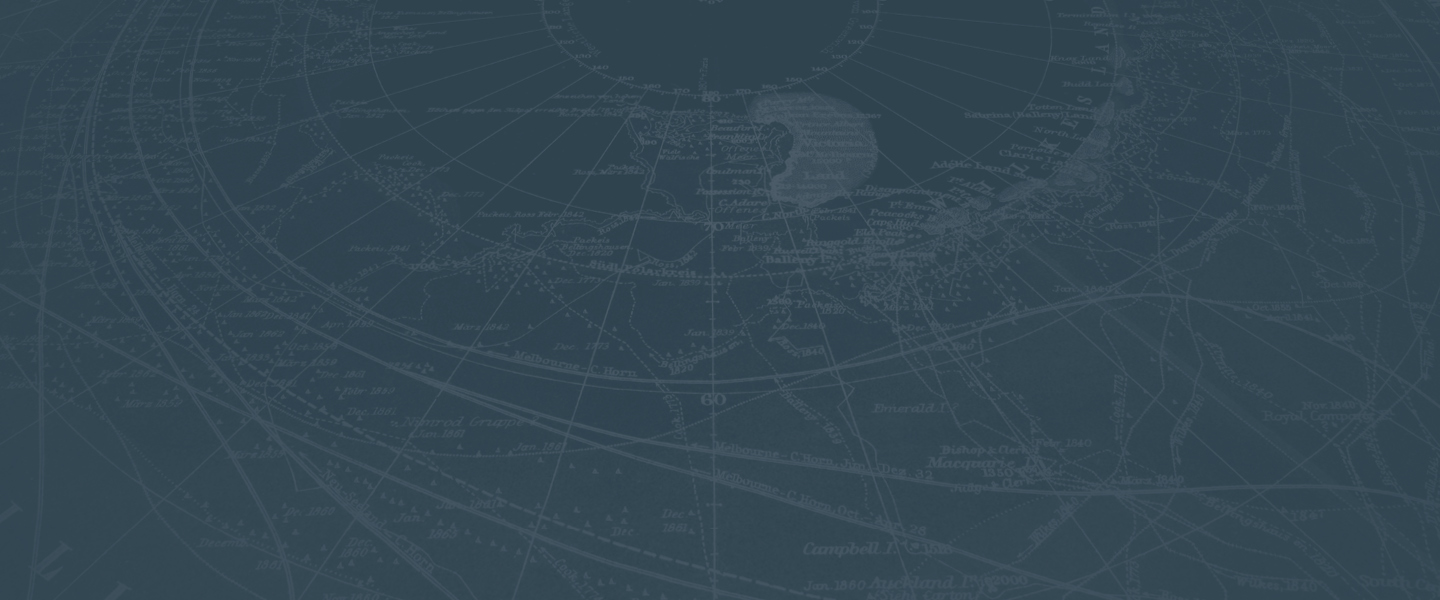Overview
As the legislative branch of government, parliaments stand as valued partners to the World Bank: they enact laws, debate and approve budgets and loans, shape and review development policies, and hold other branches of government accountable for World Bank-financed programs, thus building political will and financial support for global development priorities. Through its relations with elected representatives, the World Bank effectively integrates citizens’ voices into its programs to achieve lasting and inclusive country outcomes.
Parliamentarians, in turn, have an interest in engaging with the World Bank: both because of the amount of resources it channels to the many countries in which it operates, and because it is an important source of knowledge and information on how to achieve development results. By interacting with the World Bank, parliamentarians from donor countries, who allocate foreign aid budgets, and from client countries, where loans are ratified, can better understand and track the impact of these precious funds on development outcomes.
How do we engage?
Global
The Global Parliamentary Engagement team connects MPs from around the world with their international peers and the World Bank Group on shared development priorities. The team builds understanding of, and support for, the World Bank Group’s goals, promoting knowledge-sharing and development advocacy with and among legislators through a number of different platforms and activities:
Global Parliamentary Conferences and Workshops on the occasion of the Spring and Annual Meetings enable MPs to dialogue with World Bank senior management and experts on development issues.
Field visits (both in person and virtual) offer a first-hand look at World Bank programs on the ground in recipient countries and encourage peer-learning and exchanges.
The Global Young MP Initiative provides a platform for MPs under 40 years old to foster understanding and facilitate collaboration on development challenges facing youth.
- Parliamentary Dialogue Series regularly connect MPs virtually throughout the year with World Bank Group experts on the most pertinent development topics, keeping them informed on challenges and how they can address them in their countries.
- McGill University Program allows new and young parliamentarians to pursue a Professional Development Certificate in Parliamentary Governance to better perform parliamentary duties and serve their people.
Regional and Country
Parliamentarians can connect with their corresponding country offices to engage with the World Bank Group and further implicate themselves in the development process in various ways.
- Local and Regional Chapters of the Parliamentary Network can be facilitated by the team to promote sustained engagement between MPs and the World Bank Group at the country and regional levels.
- Consultations seek feedback and input from MPs on Country Partnership Frameworks, Systematic Country Diagnoses, and the Bank’s strategy and policies, such as the Environmental and Social Framework and gender.
Thematic briefings link MPs with World Bank senior management and experts to better inform them on topics of concern for improved policies, reforms, and oversight.
- Capacity-building workshops offer training to MPs in areas such as in budget cycle, parliamentary administration, and the role of parliament in curbing corruption.
